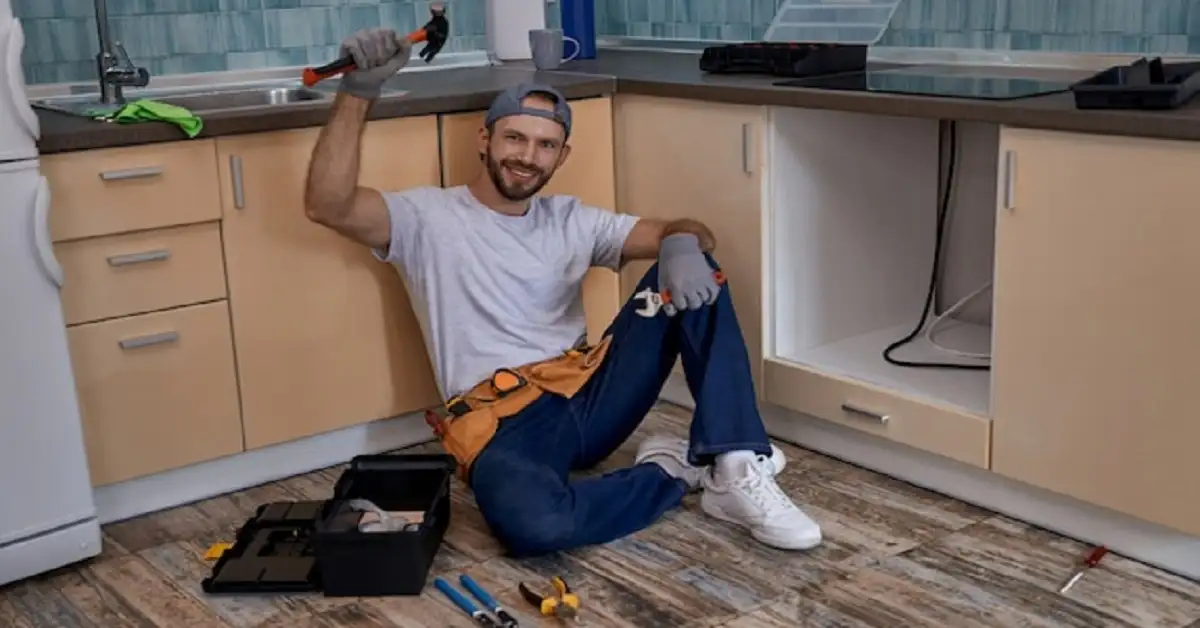Water damage is one of the most common and costly problems homeowners face. From minor leaks to major floods, water can cause extensive damage to your home, leading to expensive repairs and even health hazards. Regular maintenance is essential to prevent water damage and protect your investment. In this article, we will explore various maintenance tips and practices that can help you safeguard your home against water-related issues.
Understanding Water Damage
Before diving into maintenance tips, it’s important to understand the different types of water damage and their potential impact on your home. Water damage can be categorized into three main types:
- Clean Water Damage: Caused by water from broken pipes, overflowing sinks, or rain. While it is less harmful than other types, it can still cause significant damage if not addressed promptly.
- Gray Water Damage: Involves water from appliances like dishwashers, washing machines, or toilets (without solid waste). It contains contaminants that can cause illness and needs to be handled carefully.
- Black Water Damage: The most severe type, caused by sewage backups, flooding from rivers, or water containing harmful pathogens. It poses serious health risks and requires professional cleanup.
Importance of Regular Maintenance
Regular maintenance can prevent minor issues from becoming major problems. Here are some reasons why it’s crucial to maintain your home:
- Prevent Costly Repairs: Small leaks or minor water issues can lead to significant damage over time. Regular maintenance helps identify and fix these issues before they escalate.
- Preserve Property Value: A well-maintained home retains its value and can be more attractive to potential buyers.
- Ensure Safety: Water damage can lead to mold growth, which poses health risks to you and your family.
- Save on Insurance: Some insurance policies may offer lower premiums for homes with a good maintenance record.
Essential Maintenance Tips
Inspect and Maintain Your Roof
Your roof is your home’s first line of defense against water damage. Regular inspections and maintenance are crucial to ensure it remains in good condition.
- Inspect for Damage: Look for missing, cracked, or curling shingles. Pay attention to any signs of wear and tear.
- Clean Gutters and Downspouts: Ensure that gutters and downspouts are free from debris to allow proper water flow. Clogged gutters can lead to water overflow, damaging your roof and walls.
- Check Flashing: Inspect the flashing around chimneys, vents, and skylights. Damaged or missing flashing can allow water to seep into your home.
- Trim Overhanging Branches: Trees near your roof can cause damage during storms and contribute to debris buildup in gutters.
Maintain Your Plumbing System
Leaky pipes and faulty plumbing fixtures are common causes of water damage. Regular maintenance can help prevent these issues.
- Inspect Pipes Regularly: Look for signs of leaks, corrosion, or wear in exposed pipes. Address any issues immediately.
- Check Water Pressure: High water pressure can damage pipes and fixtures. Install a pressure regulator if needed.
- Inspect Water Heaters: Regularly check your water heater for leaks and corrosion. Flushing the tank annually can help remove sediment buildup.
- Replace Old Hoses: Hoses connected to washing machines, dishwashers, and refrigerators should be replaced every five years or if they show signs of wear.
Protect Your Basement
Basements are particularly vulnerable to water damage due to their location. Taking preventative measures can help keep your basement dry.
- Seal Cracks and Gaps: Inspect the foundation walls and floors for cracks or gaps. Use a waterproof sealant to fill any openings.
- Install a Sump Pump: A sump pump can help remove excess water from your basement. Ensure it is in good working condition and test it regularly.
- Grade Your Yard: Make sure the ground slopes away from your home’s foundation to prevent water from pooling around the base.
- Use a Dehumidifier: Keep humidity levels in check to prevent mold growth. A dehumidifier can help maintain a dry basement.
Exterior Maintenance
The exterior of your home also plays a crucial role in preventing water damage. Regular upkeep can help protect your property.
- Inspect and Repair Siding: Check for any damage, cracks, or gaps in your home’s siding. Repair or replace damaged sections to prevent water infiltration.
- Maintain Windows and Doors: Ensure that windows and doors are properly sealed. Replace damaged caulking and weatherstripping as needed.
- Check for Proper Drainage: Ensure that your property has proper drainage systems in place. Clear any obstructions from drains and ditches.
- Maintain Landscaping: Avoid planting trees and shrubs too close to your home. Their roots can damage your foundation and create pathways for water to enter.
Interior Maintenance
Taking care of the interior of your home is equally important in preventing water damage.
- Monitor Humidity Levels: Use a hygrometer to measure indoor humidity. Aim to keep humidity levels between 30-50% to prevent mold growth.
- Inspect Appliances: Regularly check appliances like refrigerators, dishwashers, and washing machines for leaks or signs of wear.
- Use Water Alarms: Install water alarms near appliances, basements, and other areas prone to leaks. These alarms can alert you to potential water issues early on.
- Maintain HVAC Systems: Ensure that your heating, ventilation, and air conditioning systems are in good condition. Clean or replace filters regularly to prevent condensation buildup.
Conclusion
Regular maintenance is key to preventing water damage in your home. By following these tips and conducting routine inspections, you can identify potential issues early and take action to address them. Not only will this save you money on costly repairs, but it will also help maintain the value and safety of your home. Remember, a little effort now can go a long way in protecting your property from the devastating effects of water damage.
